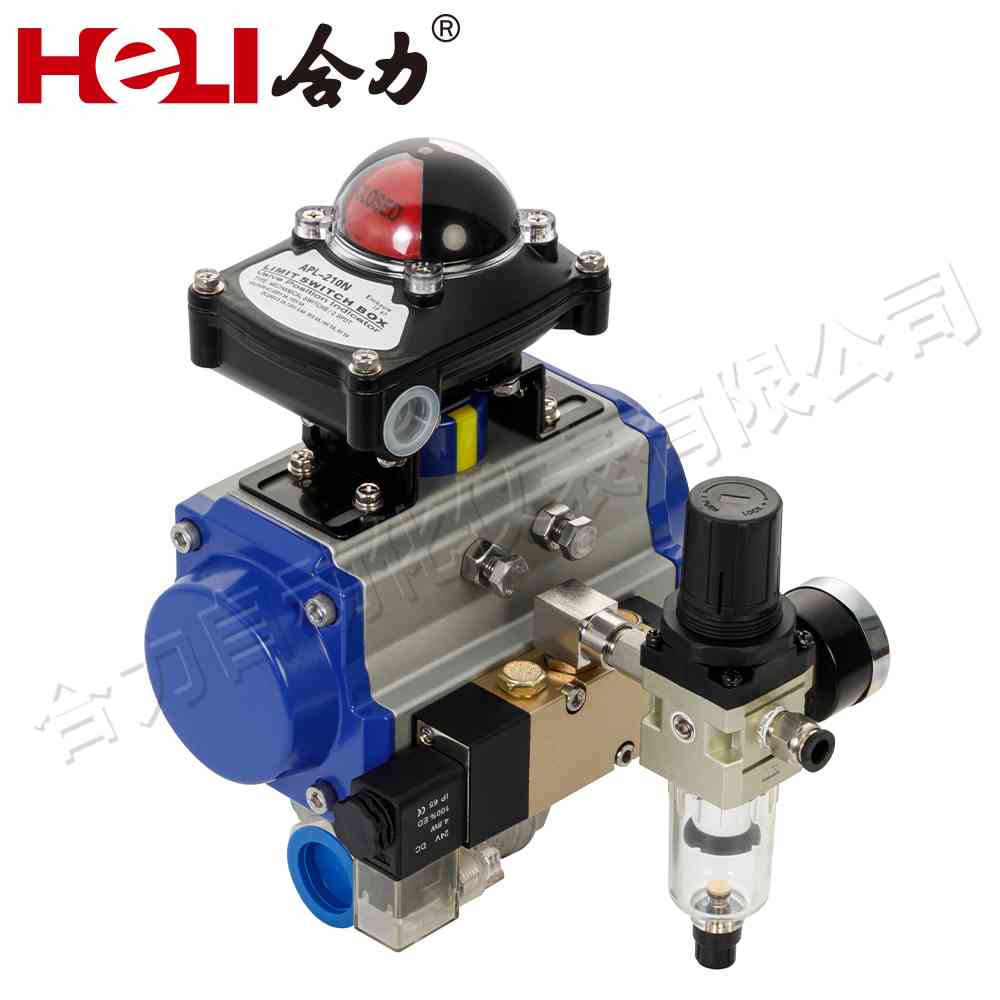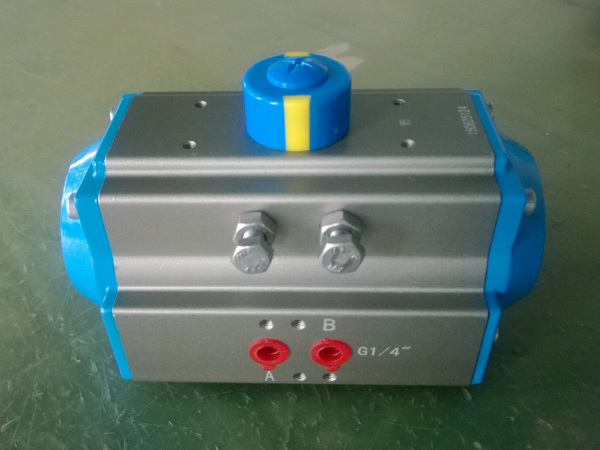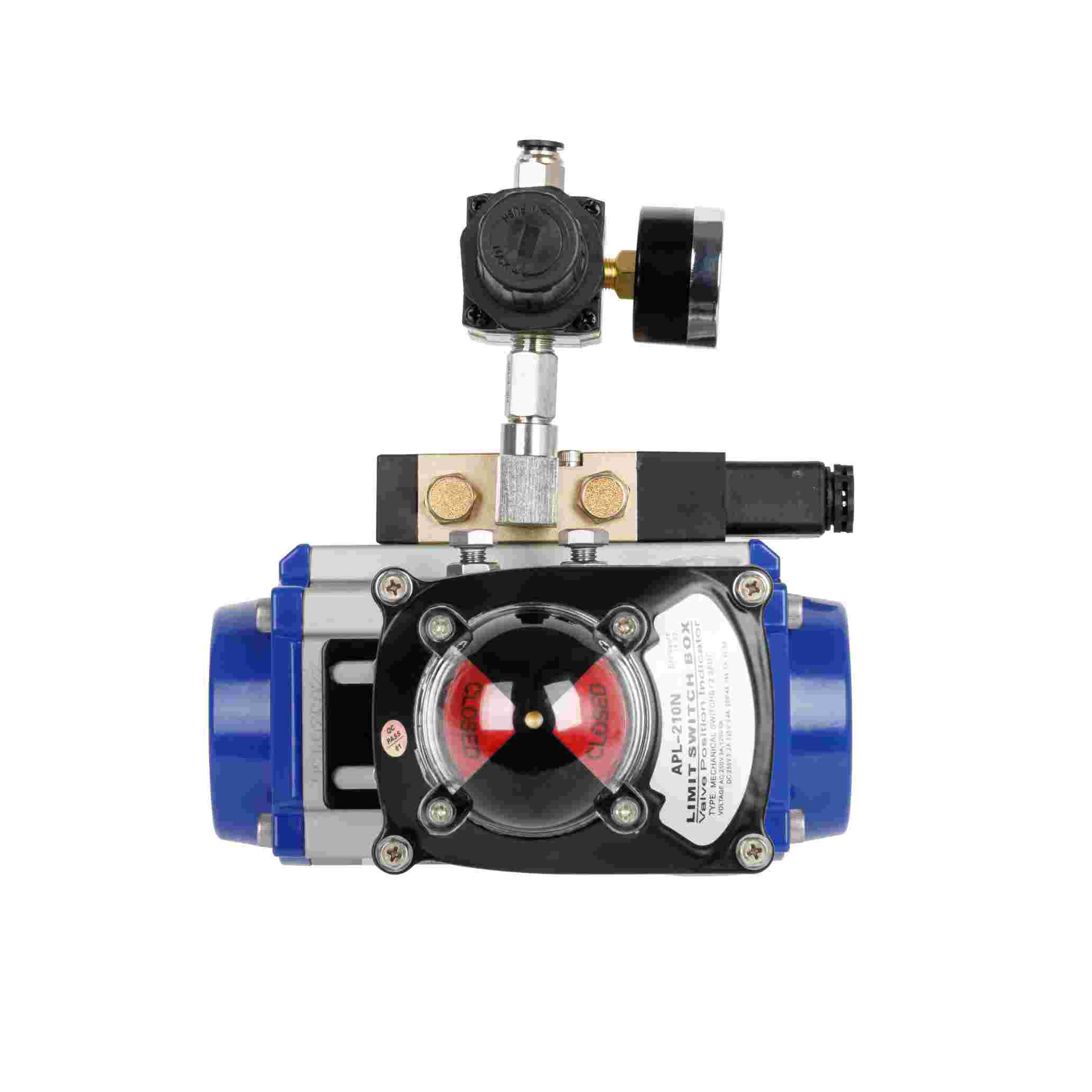
The need for sustainable and eco-friendly solutions in industrial automation has grown significantly in recent years. As industries across the world work towards reducing their carbon footprint, hydrogen energy has emerged as a promising alternative to traditional energy sources. Among the various applications of hydrogen, one of the most innovative and beneficial is the integration of hydrogen energy with pneumatic actuators. The concept of the Hydrogen Energy Pneumatic Actuator (HEPA) is revolutionizing the way industries operate, bringing about significant improvements in efficiency, sustainability, and cost-effectiveness. In this article, we explore the potential of hydrogen energy pneumatic actuators and how they are shaping the future of industrial automation.

The Basics of Pneumatic Actuators

